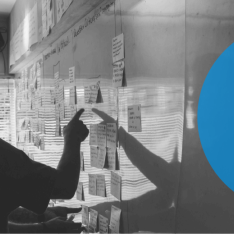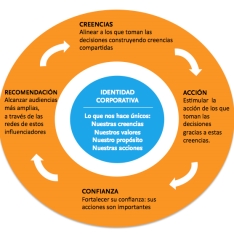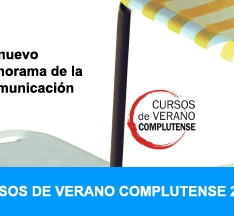Loading...
- Agenda 2030 & ODS (11)
- Alineamiento y Cultura Corporativa (26)
- Analytics & Big Data (2)
- Bienestar y Engagement (3)
- Chief Communications Officer (19)
- Co-Creación (2)
- Comunicación Externa (35)
- Comunicación Política (6)
- Consumidores (6)
- COVID-19 (7)
- Digitalización (15)
- Diplomacia Corporativa (1)
- Diversidad & Inclusión (8)
- Empleados (13)
- Empresa Con Futuro (4)
- Estrategia (17)
- Ética (8)
- Global Issues (12)
- Gobierno Corporativo (8)
- Indicadores No Financieros (4)
- Innovación (7)
- Liderazgo (14)
- Lobby (1)
- Marca Corporativa (14)
- Marketing (3)
- Medios Sociales (2)
- Propósito & Valores (19)
- Reputación Del CEO (8)
- Reputación País (1)
- Reporting No Financiero (3)
- Riesgo Reputacional (17)
- Sostenibilidad & Responsabilidad Social (16)
- Stakeholder Engagement (20)
- Storytelling & Narrativa (2)
- Tendencias (13)
- Valoración De Los Intangibles (5)
- Comunicación Interna (55)
- Transparencia (13)
Published by Unai Admin
17/07/2025
Categories
Published by Unai Admin
17/07/2025
Published by Unai Admin
18/07/2025
Categories
Published by Unai Admin
18/07/2025
Published by Unai Admin
18/07/2025
Categories
Published by Unai Admin
17/07/2025
Categories
Published by Unai Admin
17/07/2025
Categories
Categories
Página
of 2








